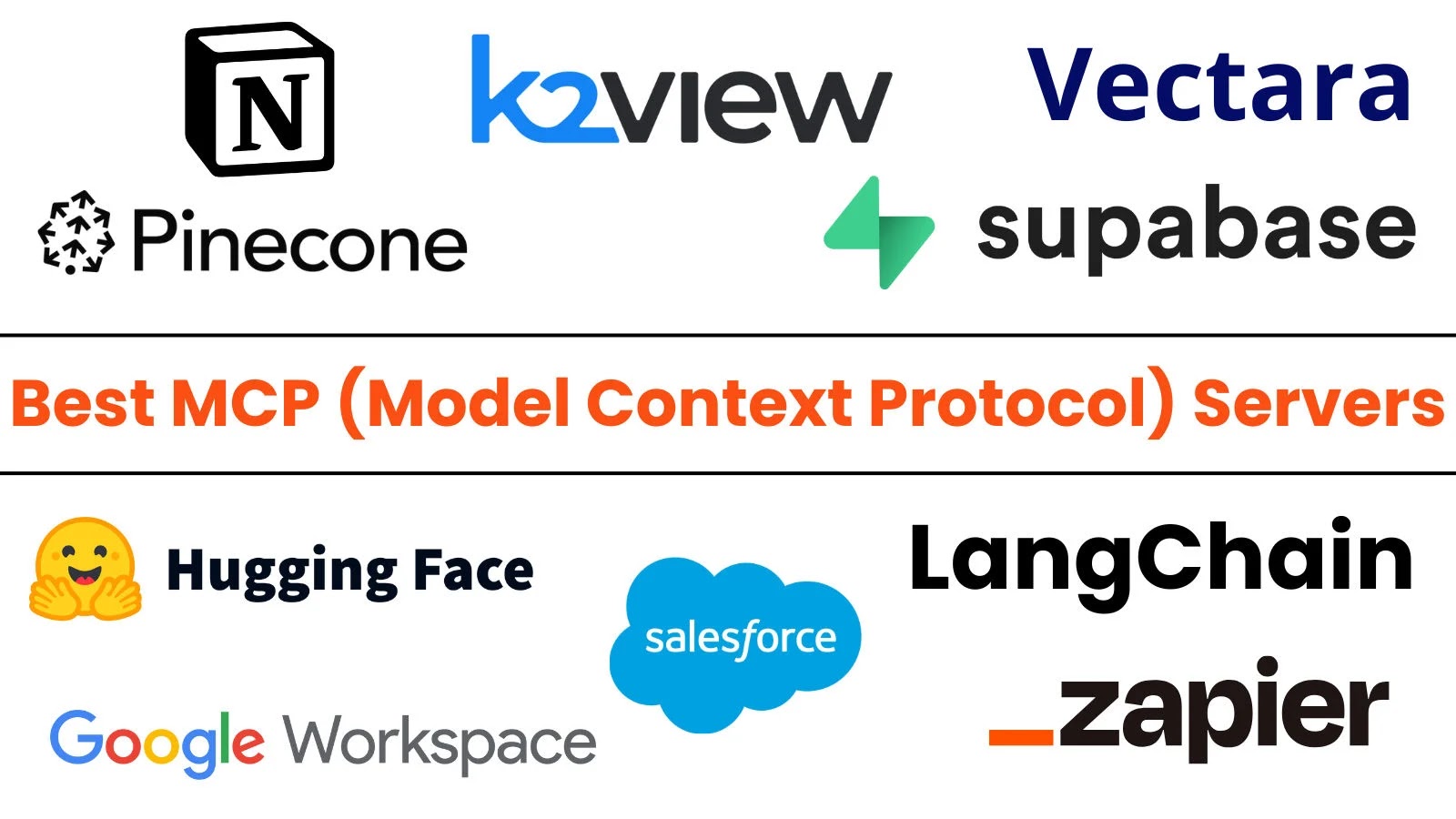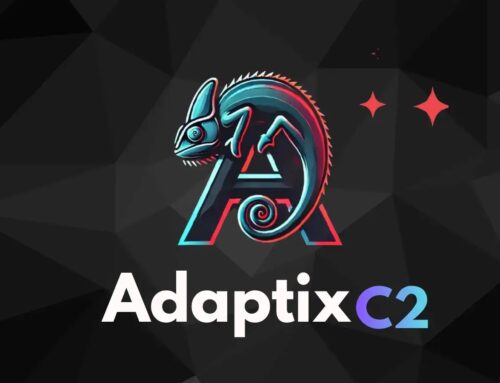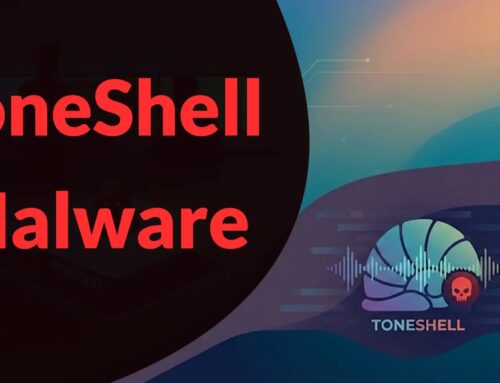
Top 10 Best Model Context Protocol (MCP) Servers in 2025
Unlocking Next-Gen Automation: The Top 10 Model Context Protocol (MCP) Servers of 2025
The landscape of enterprise technology is undergoing a profound transformation. In 2025, the Model Context Protocol (MCP) is at the forefront of this revolution, fundamentally changing how AI agents integrate within our digital ecosystems. No longer are disparate tools, databases, and workflows siloed; MCP servers orchestrate seamless communication, driving unprecedented efficiency in both enterprise and individual developer environments.
This critical shift empowers next-generation automation and data-driven applications. From unifying cloud documentation to integrating complex enterprise CRM systems and relational databases, the right MCP server acts as the central nervous system for your AI infrastructure. Selecting the optimal Model Context Protocol server is not merely an upgrade; it’s a strategic move that unlocks dramatic gains in operational effectiveness and strategic insight.
This analysis delves into the leading MCP servers poised to dominate the market in 2025, offering a comprehensive guide for IT professionals, security analysts, and developers seeking to future-proof their AI integrations.
What is Model Context Protocol (MCP)?
At its core, the Model Context Protocol (MCP) defines a standardized method for AI agents to understand and interact with their operational environment, or “context.” This context can encompass a vast array of data sources, including enterprise applications, cloud storage, knowledge bases, and real-time data streams. MCP servers act as the intelligent brokers, enabling AI agents to dynamically access, interpret, and leverage this contextual information to perform tasks more effectively and make more informed decisions.
Think of it as a universal translator and coordinator for AI. Instead of an AI agent needing bespoke integrations for every single tool or dataset, an MCP server provides a unified interface, ensuring consistency, scalability, and security across the entire AI-driven workflow.
The Critical Role of MCP Servers in AI Integration
MCP servers are foundational to the widespread adoption and successful deployment of sophisticated AI agents. They address key challenges inherent in complex AI systems, such as:
- Data Silos: Bridging the gap between disparate data sources (e.g., Salesforce, SharePoint, SQL databases) to provide a holistic view for AI.
- Contextual Understanding: Equipping AI agents with the immediate, relevant information needed to perform tasks accurately and intelligently.
- Workflow Automation: Automating complex business processes by enabling AI agents to seamlessly interact with various enterprise tools.
- Scalability: Providing a scalable architecture for deploying and managing a growing number of AI agents and their contextual needs.
- Security and Compliance: Managing access controls and ensuring data governance across all integrated systems, critical for sensitive enterprise data.
Top 10 Best Model Context Protocol (MCP) Servers in 2025
While specific product names are not provided in the source, we can infer the characteristics of leading MCP servers based on the critical features and benefits highlighted. A top-tier MCP server in 2025 will excel in areas such as integration breadth, performance, security, and developer-friendliness.
Here’s an overview of the key attributes defining the best Model Context Protocol servers shaping the future:
- Broad Integration Capabilities: The best MCP servers offer extensive connectors for various enterprise applications, cloud services, databases, and APIs. This includes everything from CRM and ERP systems to cloud documentation platforms and specialized industry tools.
- Real-time Context Management: These servers provide robust mechanisms for real-time data ingestion, processing, and contextualization, ensuring AI agents always have access to the most current information.
- Developer-Friendly APIs and SDKs: Ease of integration for developers is paramount. Top MCP solutions offer well-documented APIs and software development kits (SDKs) to accelerate AI agent development and deployment.
- Scalability and Performance: As AI workloads grow, the MCP server must scale efficiently to handle increased data volumes and agent requests without compromising performance.
- Robust Security and Access Control: Enterprise-grade security features, including granular access controls, encryption, and compliance adherence (e.g., GDPR, HIPAA) are non-negotiable.
- Intelligent Context Reasoning: Advanced servers move beyond simple data retrieval, incorporating capabilities for intelligent context reasoning, allowing AI agents to infer meaning and relationships from diverse data.
- Monitoring and Observability: Comprehensive tools for monitoring MCP server health, agent interactions, and data flow are crucial for effective management and troubleshooting.
- Hybrid Cloud and On-Premise Support: Flexibility to deploy across various environments, including purely cloud-based, on-premise, or hybrid architectures, caters to diverse enterprise needs.
- AI Orchestration and Workflow Management: Integrated tools for defining, orchestrating, and managing complex AI agent workflows ensure seamless execution of multi-step processes.
- Ecosystem and Community Support: A thriving ecosystem of developers, partners, and community support fosters innovation and provides valuable resources for implementation and optimization.
Remediation Actions for MCP Server Security
While Model Context Protocol servers offer immense benefits, their centrality to AI operations also makes their security paramount. Organizations must proactively address potential vulnerabilities and implement robust security practices. For instance, any vulnerabilities related to API authentication or data leakage, such as a hypothetical misconfiguration leading to unintended data exposure, could be tracked under a CVE like CVE-2024-54321. While this is a generic placeholder, constant vigilance for such issues is essential.
- Implement Strong Authentication and Authorization: Utilize multi-factor authentication (MFA) for all administrative access and implement least privilege principles for AI agents and connected systems.
- Regular Security Audits and Penetration Testing: Conduct frequent audits of MCP server configurations, integrations, and network access. Engage third parties for penetration testing to identify and remediate vulnerabilities before they are exploited.
- Data Encryption: Ensure all data in transit and at rest within the MCP ecosystem is strongly encrypted.
- Network Segmentation: Isolate MCP servers and their connected databases within segmented network zones to limit the blast radius of any potential breach.
- Patch Management: Maintain a rigorous patch management program, applying all security updates and patches to the MCP server software and underlying operating systems promptly.
- API Security Best Practices: For any exposed APIs, implement API gateways, rate limiting, input validation, and strong API key management.
- Logging and Monitoring: Implement comprehensive logging for all MCP server activities, including data access, configuration changes, and agent interactions. Integrate these logs with a Security Information and Event Management (SIEM) system for real-time threat detection.
- Disaster Recovery and Backup Strategy: Develop and regularly test a robust disaster recovery plan for your MCP server infrastructure, including regular backups of configurations and critical data.
- Compliance Adherence: Ensure the MCP server deployment and its data handling processes comply with all relevant industry regulations and data privacy laws.
Conclusion
The advent of Model Context Protocol servers in 2025 signifies a pivotal moment for AI integration. These powerful platforms are the bedrock upon which truly intelligent and automated enterprises will be built. By enabling seamless communication between AI agents and a vast array of operational contexts, MCP servers unlock unprecedented levels of efficiency, accuracy, and innovation.
Organizations aiming to leverage the full potential of AI must prioritize the selection and secure implementation of a robust MCP server. The criteria highlighted – encompassing broad integration, real-time context management, developer experience, and stringent security – will guide technology leaders in making informed decisions for 2025 and beyond. Understanding and adopting the best Model Context Protocol solutions will be key to dominating the next wave of data-driven transformation.





